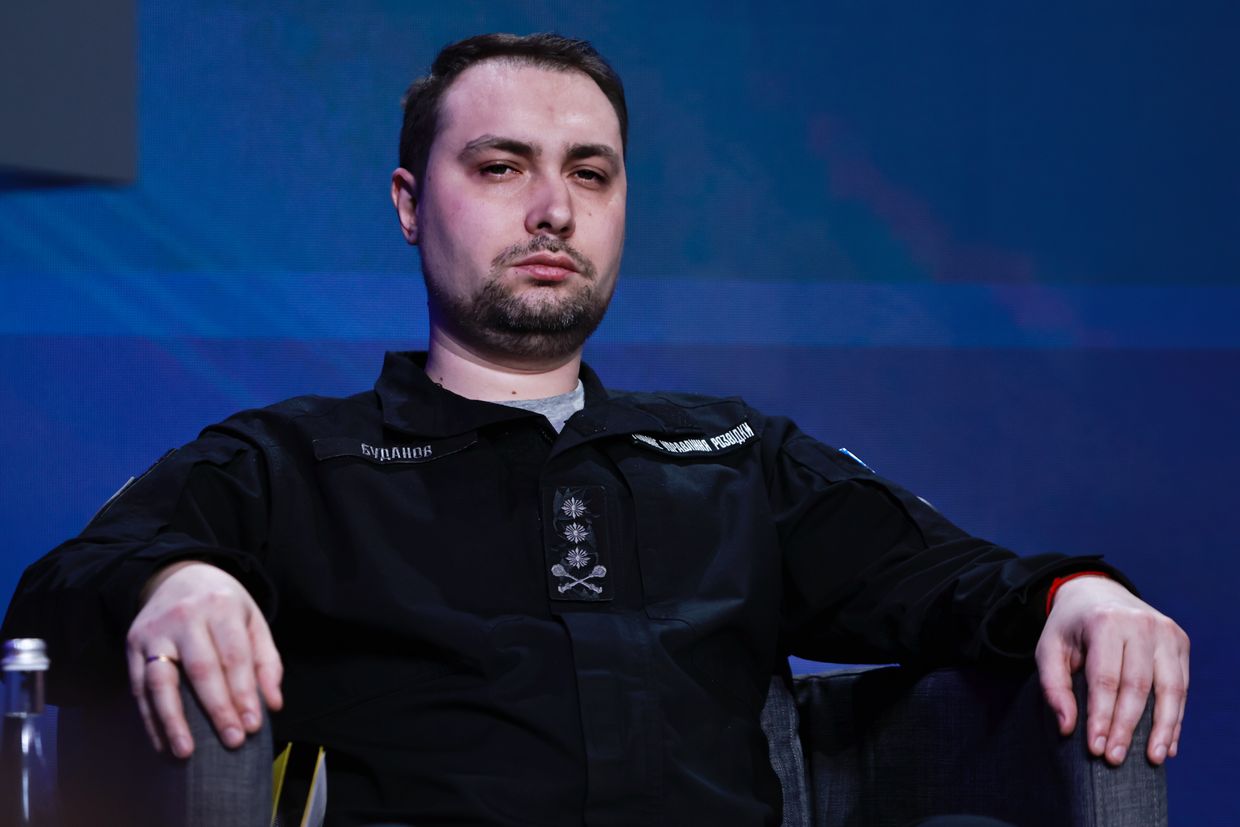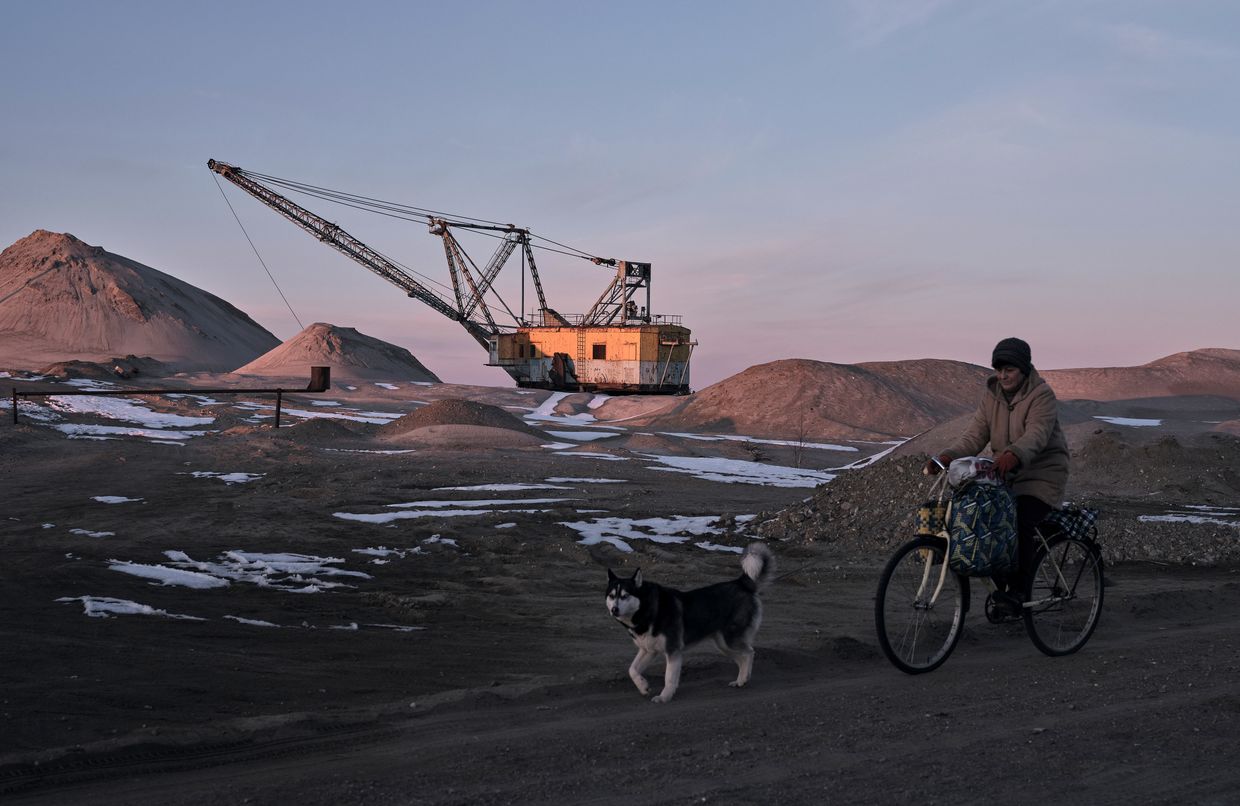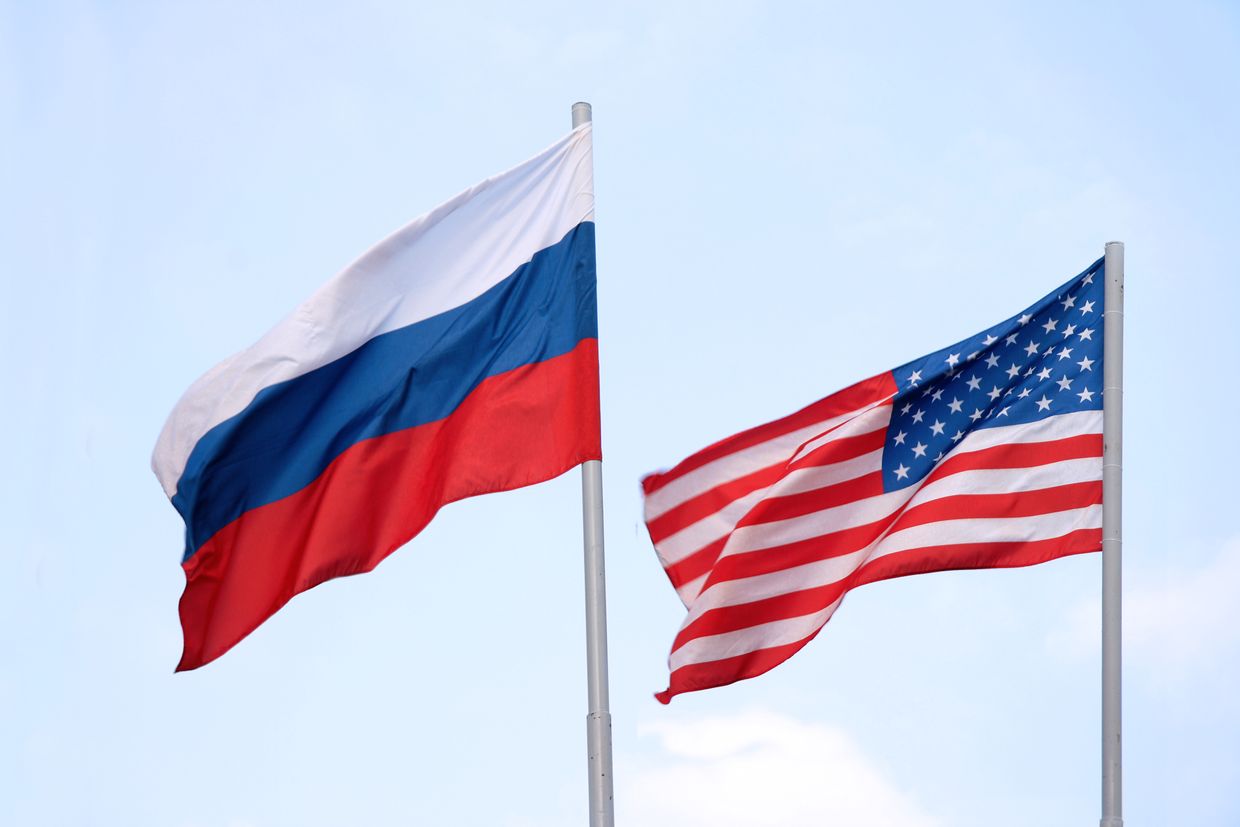"As in the past, it is now for Russia to show its willingness to achieve peace," the EU's statement reads.
Kremlin spokesperson Dmitry Peskov rejected the idea of a 30-day ceasefire between Russia and Ukraine, claiming in an interview with ABC News on May 10 that it would be "an advantage" for Ukraine.
The visit marks Merz’s first trip to Ukraine, and the first time all four leaders have travelled there together.
"Our involvement in the war was justifiable, and this belongs to our sovereign rights," North Korean dictator Kim Jong Un said. "I regard this as part of the sacred mission we must execute for our brothers and comrades-in-arms."
The number includes 1,310 casualties that Russian forces suffered over the past day.
"We have a plan B and a plan C. But our focus is plan A, the essence of which is to get everyone's support" for Ukraine's accession, EU foreign policy chief Kaja Kallas said.
"(T)he presence at the Victory Parade of a country that bombs cities, hospitals, and daycares, and which has caused the deaths and injuries of over a million people over three years, is a shame," Polish Prime Minister Donald Tusk said.
"According to the participants of the performances, their goal is to remind the civilized world of the barbaric actions of Moscow, which for many years and decades has systematically violated international law," a source in Ukraine’s military intelligence agency (HUR) told the Kyiv Independent.
"I have great hope that an agreement for a ceasefire in Ukraine will be reached this weekend," German Chancellor Friedrich Merz said on May 9, shortly before traveling to Kyiv alongside the leaders of France, Poland, and the U.K.
U.K. Prime Minister Keir Starmer, French President Emmanuel Macron, German Chancellor Friedrich Merz, and Polish Prime Minister Donald Tusk will arrive in Kyiv early on May 10.
The United States embassy in Kyiv on May 9 issued a warning that Russia could launch "a potentially significant" attack in the coming days, despite Putin's self-declared Victory Day "truce."
The sanctioned oil tankers have transported over $24 billion in cargo since 2024, according to Downing Street. The U.K. has now sanctioned more shadow fleet vessels than any other country.
Russia to lose 'chance for world leadership' if it doesn't get out of war by 2026, Budanov says

Russia may lose its chance for world leadership if it does not halt its full-scale war against Ukraine by 2026, Ukraine's military intelligence (HUR) head Kyrylo Budanov said in an interview with Ukrinform published on Feb. 27.
Earlier this month, Budanov said he believes that Ukraine and Russia will reach a ceasefire this year. His comments come as U.S. President Donald Trump has pushed to mediate a peace agreement between Ukraine and Russia while using increasingly hostile rhetoric toward Kyiv.
Asked whether the Kremlin wants to make a peace deal now to build up its strength, Budanov agreed, saying that Russia needs a break.
"According to their (Russia's) strategy, if they don't get out of this war by 2026, they lose even a chance for world leadership. They will be left with a maximum level of regional leadership, which they are absolutely not satisfied with," the spy chief said.
According to Budanov, the financial cost of the war is "too high" for Moscow, which prevents it from focusing on development and large-scale projects. Russia has problems with its economy, but it will be able to "balance" it out as long as it has oil, gas, and precious metals, he added.
"There is a lack of technologies, technological solutions that are not available in Russia, primarily for the development of the Arctic region, gas production, etc.," Budanov said.

Throughout the three years of Russia's full-scale invasion, Ukraine's Western partners imposed heavy sanctions on Moscow to undermine its ability to wage war. Initially, Russia has largely weathered the sanctions, circumventing economic restrictions through third-party countries and various loopholes.
The situation appears to be shifting as Russia has faced mounting economic challenges over the past months, compounded by labor shortages and military spending-induced inflation that led to record interest rates.
In the fall of 2023, Budanov said that Russia likely has the economic and technical capacity to continue its war against Ukraine until 2025 or 2026. In office since 2020, Budanov has at times made radical predictions about the full-scale war that have not always come true.

Most Popular

After 3 years of full-scale war in Ukraine, Europe announces plan to ban all Russian gas imports

Ukraine, Europe's ceasefire proposal includes US security guarantees, no recognition of Crimea, Reuters reports

Journalist Roshchyna's body missing organs after Russian captivity, investigation says

After Russia's deadly attack on Kyiv, Vance reposts denunciation of Zelensky

Ukrainian sea drone downs Russian fighter jet in 'world-first' strike, intelligence says
Editors' Picks

How medics of Ukraine’s 3rd Assault Brigade deal with horrors of drone warfare

As Russia trains abducted children for war, Ukraine fights uphill battle to bring them home

'I just hate the Russians' — Kyiv district recovers from drone strike as ceasefire remains elusive


